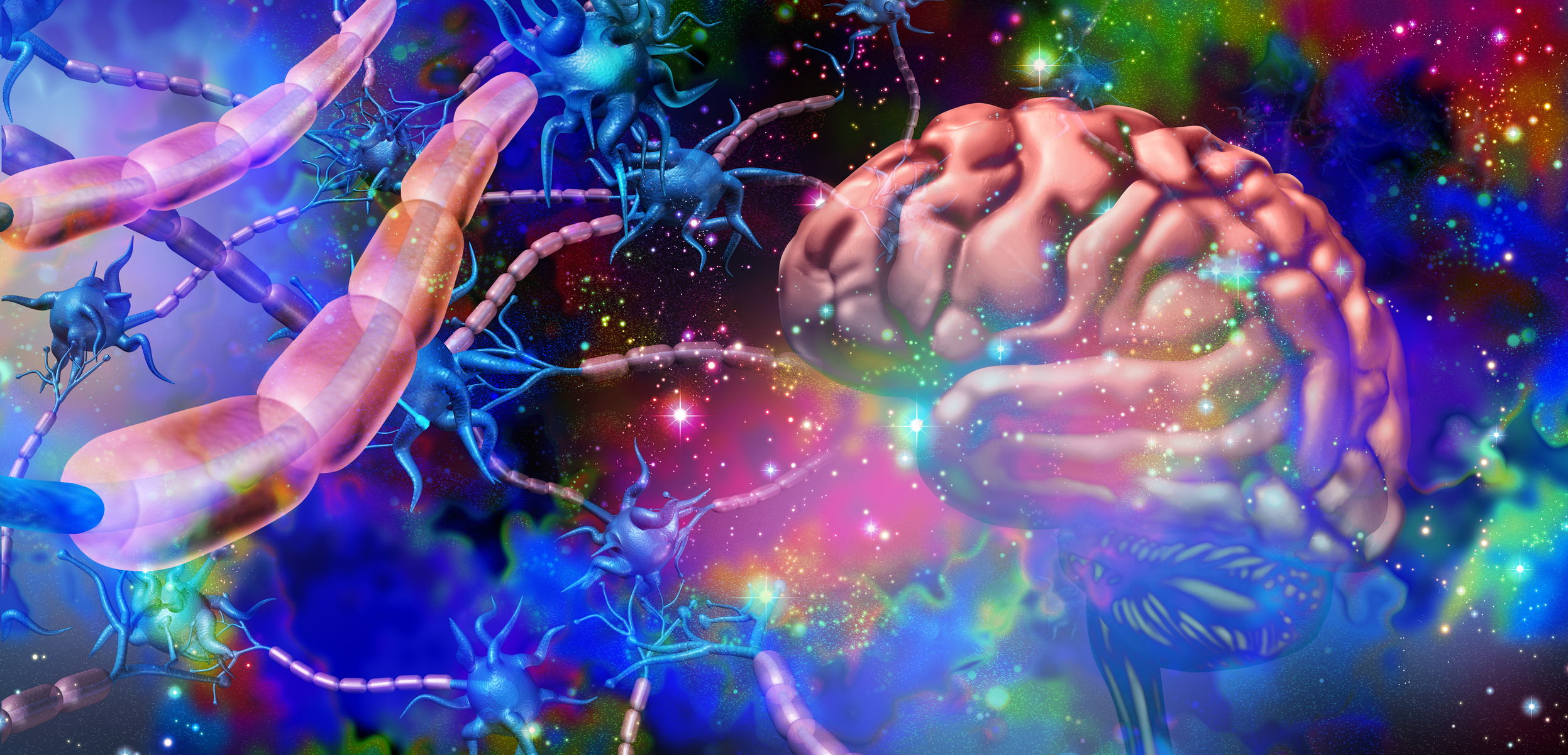Prevalence of metabolic disturbances is higher among individuals with neurodevelopmental disorders (NDDs), yet this association has been largely overlooked. Investigation into human disease remains challenging, as a complete pathophysiological understanding relies on accurate modeling and highly controlled variables. Genetically engineered mouse models are widely used to gain insight into the biology of human NDDs, but research focus has been on behavioral and neurophysiological abnormalities. Such models not only allow for evaluating usefulness in reproducing human features, including similarities and discrepancies with rodent phenotypes, but they also represent a unique opportunity to observe and quantify novel anomalies. Here, we present the first characterization and comparison of basal metabolism in three mouse models of NDDs, namely Down syndrome ( mice), 16p11.2 deletion syndrome ( mice) and Fragile X syndrome ( KO mice) and their wild-type counterparts. Using the Comprehensive Lab Animal Monitoring System coupled to EchoMRI, as well as quantification of key plasma metabolites by liquid chromatography-mass spectrometry, our study reveals that each mouse model expresses a unique metabolic signature that is sex-specific, independent of the amount of food consumed and minimally influenced by physical activity. In particular, we identify striking differences in body composition, respiratory exchange ratio, caloric expenditure and concentrations of circulating plasma metabolites related to mitochondrial function. Providing novel insight into NDD-associated metabolic alterations is an essential prerequisite for future preclinical and clinical interventions.Most studies on neurodevelopmental and autism spectrum disorders (ASD) have focused on neurophysiological mechanisms, yet these disorders are also associated with metabolic abnormalities in humans. Despite this known association, the link between metabolic imbalance and neurodevelopmental disorders has been largely overlooked, particularly in a fundamental research setting. Here, to address this knowledge gap, we performed the first systematic characterization of basal metabolism in mouse models of Down syndrome, 16p11.2 deletion syndrome and Fragile X syndrome, revealing unique metabolic signatures. This work provides a basis for future studies aimed at understanding mechanisms underlying metabolic dysfunction in neurodevelopmental disorders.Copyright © 2021 Menzies et al.
Distinct basal metabolism in three mouse models of neurodevelopmental disorders.


